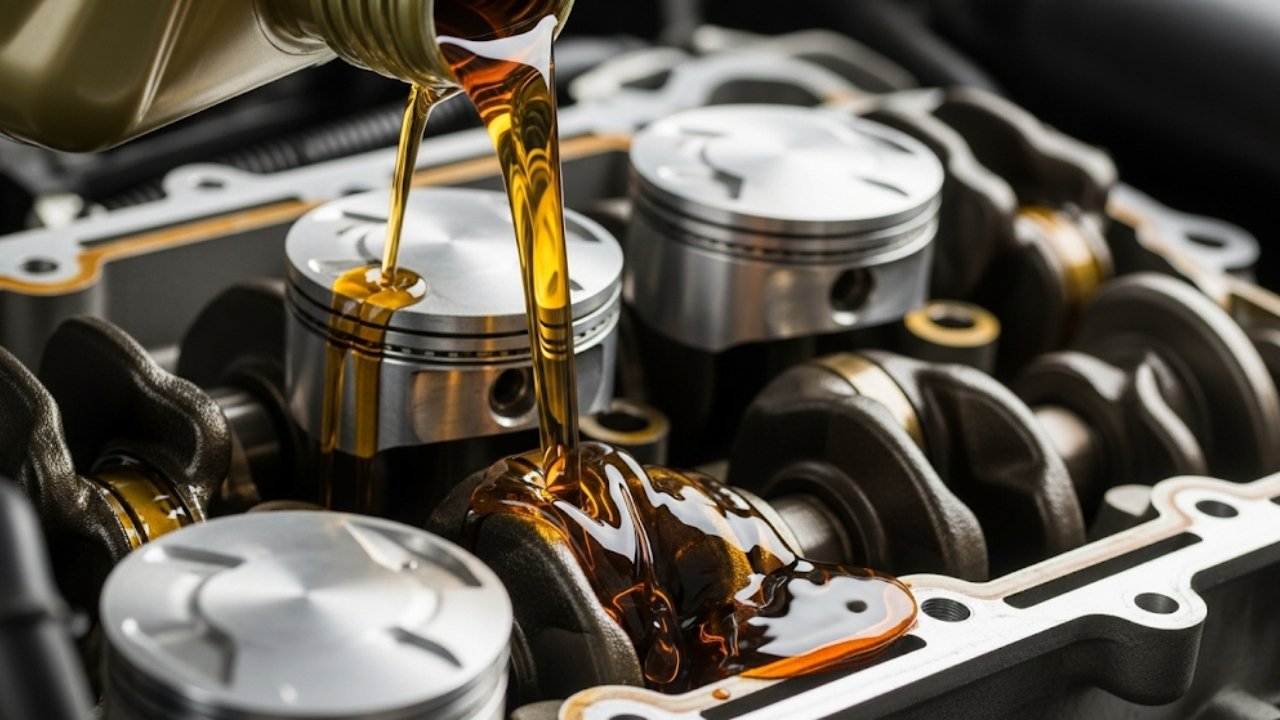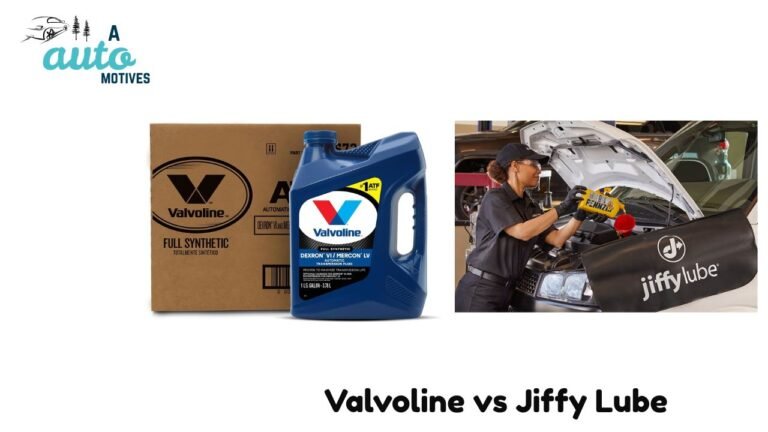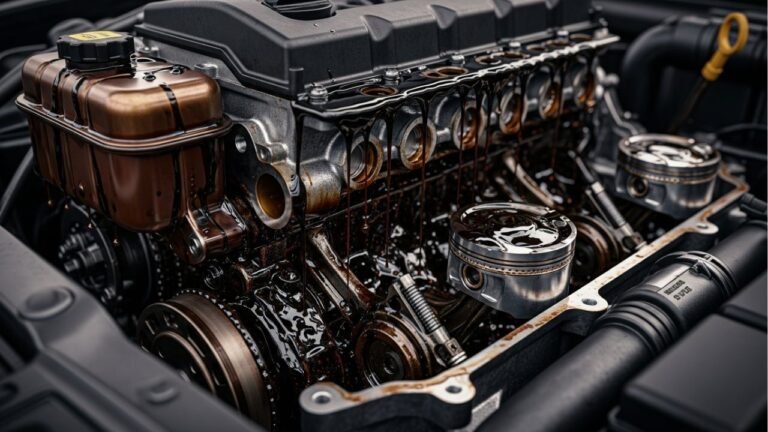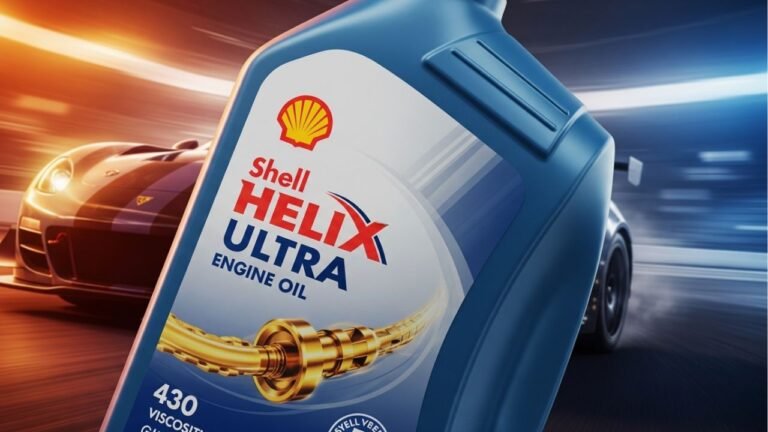Guide to the World Best Engine Oil for Car Lovers

Ever poured your heart into your car? I have.
There’s something about a well-oiled engine that feels like a good friendship — it runs smooth, never complains, and takes you everywhere without a fuss. But when you use the wrong oil, oh boy — it’s like feeding soda to a marathon runner. Things break down, slowly but surely.
Finding the world best engine oil for car isn’t just a technical chore — it’s like picking the perfect meal for your car’s soul. And trust me, not all oils are created equal. Some protect better. Some clean better. Some just sit there doing the bare minimum.
In this guide, I’ll walk you through everything — brands, benefits, stories, comparisons, and that sweet balance between science and street-smarts. You’ll walk away knowing exactly which oil is best for your engine, and more importantly, why.
Let’s dig in.
What Makes an Engine Oil the “Best”? Let’s Decode the Secret Sauce

-
Viscosity: Think of this like thickness. A 5W-30 oil flows well in cold and holds up in heat. Your engine wants the Goldilocks zone — not too thick, not too thin.
-
Additives: These are like vitamins for your engine. Detergents clean. Dispersants keep sludge away. Anti-wear agents protect parts.
-
Synthetic vs Conventional: Synthetics are like filtered water. Clean, refined, and reliable. Conventional oils are…well, sometimes unpredictable.
-
OEM Approvals: If Toyota, BMW, or Honda loves a brand — there’s a reason. Trust the makers.
Here’s a quick table comparing oil types:
| Oil Type | Best For | Pros | Cons |
|---|---|---|---|
| Full Synthetic | Modern engines, turbo engines | High protection, clean performance | Pricey |
| Semi-Synthetic | Older engines, daily drivers | Budget-friendly, balanced protection | Needs quicker oil change |
| Conventional | Older models, low-stress engines | Cheap, widely available | Less performance, more sludge |
| High Mileage | Cars over 75,000 miles | Helps with leaks, smoother operation | Not for newer engines |
Pro Tip: Your car’s manual is your cheat sheet. Always match the recommended grade before experimenting.
Mobil 1: The All-Time Champion
Let me start with a name that’s whispered in garages like a secret recipe — Mobil 1.
It’s a full synthetic oil, known for its exceptional cleaning power, long drain intervals, and track-tested reliability. Whether you’re navigating Dhaka traffic or cruising California freeways, Mobil 1 adapts like a pro.
In my own experience, switching to Mobil 1 was like giving my engine a spa day. Quieter starts. Smoother acceleration. Lower fuel consumption. My old Honda Civic felt like it shaved off five years.
Why Mobil 1 is often called the world best engine oil for car:
-
Exceeds API SN PLUS and ILSAC GF-6 standards
-
Keeps engines 20% cleaner than industry standards
-
Trusted by racing teams and daily commuters alike
But here’s the best part: it’s easily available worldwide. From Bangladesh to Brazil, Mobil 1 has carved out a fanbase that includes taxi drivers, tuners, and total car geeks.
Castrol EDGE: Titanium-Strong for Performance Junkies
If Mobil 1 is the wise elder, Castrol EDGE is the muscular athlete.
Infused with Titanium Fluid Strength Technology, Castrol EDGE boosts film strength — meaning, the protective layer between your engine’s metal parts stays intact even under pressure. Imagine a weightlifter who doesn’t even break a sweat. That’s your engine on EDGE.
When I switched my turbocharged Ford Focus to Castrol EDGE, the throttle response improved. Oil temp? Stable, even after long drives. Fuel economy? A tad better. And when I popped the hood — cleaner valves, less gunk.
Castrol EDGE is a solid contender for world best engine oil for car because:
-
Handles extreme pressure, high-speed driving
-
Fights sludge better than many competitors
-
Great for performance cars, SUVs, and turbos
Also, it’s been OEM approved by big names like Volkswagen, Jaguar, and Land Rover.
Shell Helix Ultra: Pure Oil from Natural Gas
This one’s a bit poetic. Shell Helix Ultra is the only oil made with natural gas, not crude. It’s like giving your car clean air instead of smoke.
Developed in collaboration with Ferrari, Helix Ultra uses PurePlus technology to create a crystal-clear base oil that keeps engines whisper-quiet and running like clockwork.
When I used it during a road trip across hilly terrain, I noticed my Toyota Altis didn’t overheat once. Even with heavy loads, the engine ran smooth, the RPMs were steady, and oil burn was almost zero.
Why Shell Helix Ultra is among the world best engine oil for car:
-
Made from natural gas (99.5% pure base oil)
-
Superior oxidation stability
-
Great cold start protection
Plus, it smells different. Yes, really. Cleaner.
Valvoline Advanced: For Everyday Heroes
You don’t have to own a supercar to deserve great oil.
Valvoline Advanced Full Synthetic is made for those of us who drive every day, through traffic, dust, heat, and life’s little messes. It’s budget-friendly, available almost everywhere, and holds its ground beautifully.
When I used it in a 2012 Corolla, I noticed something surprising — quieter engine idle. Oil didn’t darken too fast. And mileage improved a little, especially on highway drives.
Valvoline stands out in the world best engine oil for car race because:
-
It has great high-temp protection
-
It works well with high-mileage vehicles too
-
You don’t have to break the bank for good performance
If you’re juggling bills, work, and school runs — Valvoline could be your perfect wingman.
Liqui Moly: The German Precision in a Bottle
If engine oil had a luxury tier, Liqui Moly would wear the crown with pride. Born in Germany and loved globally, this oil blends science, tradition, and sheer perfection. For anyone who adores their car like family, this brand is a top-shelf pick.
What makes Liqui Moly stand out isn’t just marketing. It’s the engineering behind it. It uses molybdenum disulfide, a chemical compound that reduces friction and ensures your engine lasts longer. It’s especially good for high-mileage or older engines that still want to run like they’re young.
Why many consider it the world best engine oil for car:
-
Long drain intervals — up to 25,000 km in ideal conditions
-
Superior cleaning — engines stay sparkling clean
-
Made entirely in Germany, with strict quality control
I once poured Liqui Moly into a used Audi A4 with over 180,000 km on it. Within a week, the idle was smoother, the rattle on cold starts was gone, and fuel efficiency improved slightly. Sometimes, your engine just needs a little love — and Liqui Moly delivers.
Pennzoil Platinum: Clean Power from Natural Gas
Another contender in the “natural gas to motor oil” revolution is Pennzoil Platinum. Like Shell Helix Ultra, it uses PurePlus technology. But Pennzoil steps further by offering extreme protection in extreme environments. Desert drives, cold winters, mountain climbs — this oil can handle it all.
It has a kind of invisible armor. You don’t feel it when driving, but you’ll hear it in the silence — no knock, no sludge, no wear and tear that creeps up over time.
Why Pennzoil Platinum ranks among the world best engine oil for car options:
-
Exceeds API SN PLUS and ILSAC GF-6
-
Offers 45% cleaner pistons than the industry standard
-
Used by major carmakers like Ferrari (yes, that Ferrari!)
I personally trust this brand for my cross-country trips. It gives me peace of mind when I’m far from service stations and deep into nature.
Amsoil Signature Series: The Longest-Lasting Oil on Earth?
Let’s talk about Amsoil — the legend from the U.S. This oil isn’t for everyone. It’s premium, pricey, and not as easy to find. But if you want one oil that can last 25,000 miles (over 40,000 km) with minimal degradation, this is it.
Think of Amsoil as the slow-cooked meal your grandma made — rich, deep, long-lasting. It’s not about quick fixes; it’s about deep, real protection.
Why it earns a spot in the list of world best engine oil for car:
-
Industry-leading wear protection
-
Resistant to viscosity breakdown
-
Great for modified, high-performance, or heavy-duty engines
It’s especially good for trucks, off-road vehicles, and cars that don’t see oil changes often. I once used Amsoil for a full year in a Subaru Forester — harsh conditions, rainy hills, and dusty roads. The oil analysis later showed barely any degradation. Unreal.
How to Choose the Right Oil for Your Car: Tips from Experience
Okay, now that we’ve covered the top brands, how do you pick your match? Here’s how I do it:
✔ Know Your Engine
Turbocharged engines need synthetic oils. Older engines may prefer high-mileage oils. Always read your car manual first.
✔ Consider Climate
If you live in a cold area, 0W or 5W is better. Hot areas may need 10W or 15W. Thicker oil holds up better in heat.
✔ Look at Driving Style
Frequent stop-and-go traffic? Highway runs? Short city hops? Match your oil to your routine. Synthetic oils work better for stress-heavy driving.
✔ Budget
Not everyone can afford $60 a bottle. That’s fine. There are amazing oils like Valvoline and Shell that give great results at affordable prices.
Common Signs You Need Better Oil
Before we get to the FAQs, here’s a reality check. If your engine is showing these signs, you may need to upgrade to a better oil — possibly one from our list of world best engine oil for car:
-
Your oil smells burnt
-
You hear ticking or knocking sounds on start
-
Oil turns black too quickly
-
You notice sludge under the cap
-
Poor fuel economy or engine hesitation
Don’t wait too long. Bad oil won’t just make your engine sluggish — it can ruin it for good.
FAQs: Everything You Wondered, Answered
1. Can I switch from conventional to synthetic oil?
Yes! Just make sure the engine is in good condition. Some older engines may leak a little initially, but modern synthetics are designed for smooth transitions.
2. How often should I change synthetic oil?
Most full synthetics last 7,000 to 15,000 km. Some, like Amsoil, can go up to 25,000 miles with good filters. Still, follow your manufacturer’s advice.
3. Is synthetic oil really better than conventional oil?
Absolutely. It’s cleaner, more stable under heat, and reduces wear dramatically. Even daily drivers benefit from synthetic.
4. Which oil is best for high mileage cars?
Look for high-mileage synthetic blends with seal conditioners — Valvoline MaxLife and Castrol GTX High Mileage are great picks.
5. What happens if I use the wrong viscosity?
Your engine may not lubricate properly. It could overheat, or cold starts may struggle. Always use the viscosity recommended by your car’s manual.
6. Is expensive oil worth it?
If your car is expensive, turbocharged, or high-mileage — yes. Good oil extends engine life, improves fuel economy, and gives peace of mind.
7. Can engine oil improve performance?
Not horsepower directly, but yes — smoother operation, cleaner internals, and better fuel economy can indirectly boost performance.
8. Why does oil turn black so fast?
It’s doing its job — trapping dirt, soot, and carbon. But if it happens too soon, it may be low quality or your engine needs a flush.
Final Thoughts: Your Engine Deserves the Best
Choosing the world best engine oil for car is like choosing the right shoes for a journey. Would you run a marathon in slippers? Of course not. Your engine feels every drop of that oil. It breathes through it, cools through it, and lives because of it.
Mobil 1. Castrol EDGE. Shell Helix. Pennzoil Platinum. Liqui Moly. These aren’t just brands — they’re love letters to engineering.
So, the next time you open your hood and unscrew that oil cap, smile. You’re not just changing oil — you’re giving your car a longer, happier life.






